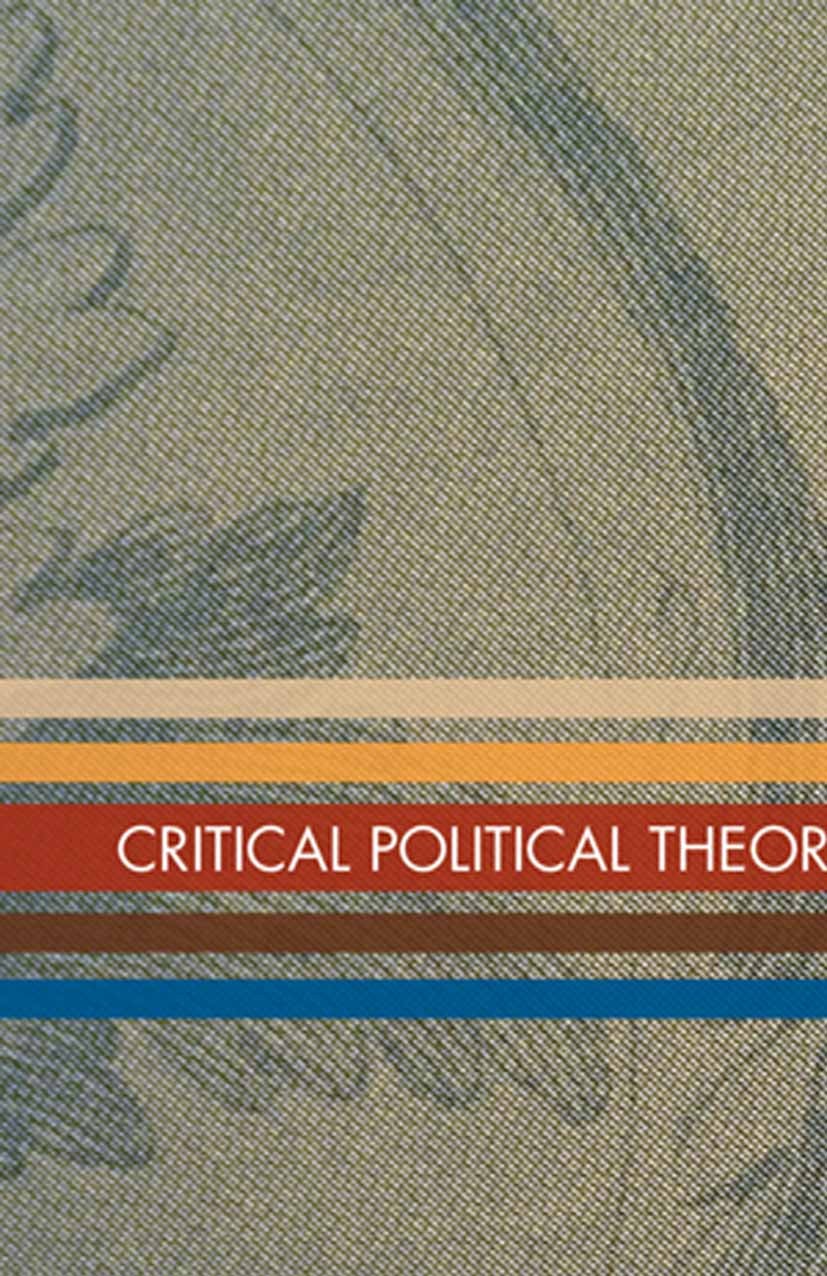| 书目名称 | Rosa Luxemburg |
| 副标题 | Her Life and Legacy |
| 编辑 | Jason Schulman |
| 视频video | http://file.papertrans.cn/832/831804/831804.mp4 |
| 丛书名称 | Critical Political Theory and Radical Practice |
| 图书封面 |  |
| 描述 | Collection with new contributions to the debate from New Politics concerning the legacy of Rosa Luxemburg. Publishing Stephen Eric Bronner‘s essay ‘Red Dreams and the New Millennium‘ along with the numerous responses to the piece, a new introduction, and an interview with Bronner stimulates the discussion around Luxemburg‘s legacy. |
| 出版日期 | Book 2013 |
| 关键词 | politics; revolution; socialism |
| 版次 | 1 |
| doi | https://doi.org/10.1057/9781137343321 |
| isbn_softcover | 978-1-349-46810-2 |
| isbn_ebook | 978-1-137-34332-1Series ISSN 2731-6580 Series E-ISSN 2731-6599 |
| issn_series | 2731-6580 |
| copyright | Palgrave Macmillan, a division of Nature America Inc. 2013 |
 |Archiver|手机版|小黑屋|
派博传思国际
( 京公网安备110108008328)
GMT+8, 2025-12-27 15:49
|Archiver|手机版|小黑屋|
派博传思国际
( 京公网安备110108008328)
GMT+8, 2025-12-27 15:49


